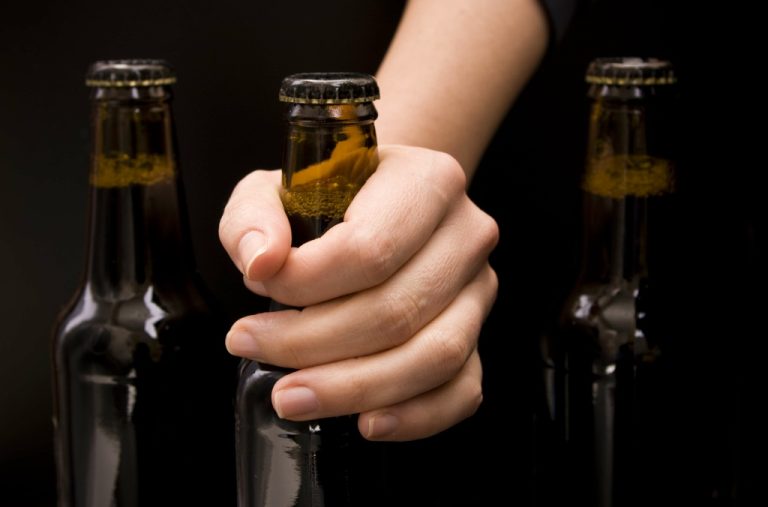How to Help a High-Functioning Alcoholic How to Identify the Warning Signs
As you approach an alcoholic in denial, remember that encouraging the person to seek help is only the beginning of a long journey toward recovery. Your continued support and understanding will play a crucial role in their ability to overcome denial, confront their addiction, and ultimately, heal. If you or a loved one is seeking alcohol addiction treatment in the South Jersey or Greater Philadelphia area, The Recovery Village Cherry Hill at Cooper can help. Our professional rehab facility offers a range of services, including medical detox, residential treatment and outpatient care for alcohol addiction. We offer evidence-based treatments, including CBT, to help people address the problems that led them to alcohol addiction.
Alcohol Addiction Treatment Programs
- They feel the need to justify and protect their actions as a personal choice or right.
- By shifting the blame, they avoid taking accountability for their drinking habits and can continue to live in denial about their alcohol dependence.
- If you know someone with alcohol use disorder (AUD), it’s natural to be concerned and want to help.
- This can keep your loved one aware of the steps they can take when they feel ready to seek help and ensure that support and advice are always at hand.
Finding effective solutions and support systems is also crucial for helping those who struggle with alcohol dependence. Discover its causes and coping strategies for recovery with Confidant Health. It’s not just someone thinking they drink less than they actually do. By acknowledging their own https://aurighi.com/sober-living/alcoholic-neuropathy-possible-mechanisms-and/ alcohol use and how it’s impacting them, they’re admitting to a flaw.

Fight Against Alcohol Denial: Seek Professional Help from Confidant Health

Because it is a legal activity that is socially acceptable, it is easy to deny that alcohol can be very addictive and cause a lot of harm. It is important to continue to educate ourselves, our loved ones, and our community about the dangers of alcohol and the fact that alcoholism is a disease. Blaming outside factors allows the person to avoid confronting the reality of their drinking problem and, therefore, allows them to live in denial. When you call the number listed on this ad, your call will be answered by Treatment X, a licensed addiction treatment provider and paid advertiser on AddictionResource.net.
- It can be frustrating, overwhelming, and draining to deal with an alcoholic in denial.
- Denial2 is closely related to blame, and it can serve as a defense mechanism among people living with alcohol addiction.
- This can lead to secretive behaviour, such as hiding alcohol in unusual places or lying about their drinking.
- One striking finding involved the 4% of AUD probands overall who admitted to tolerance in the prior five years compared to 57% who endorsed tolerance in AUD offspring.
Follow us on social media

Engaging in arguments often leads to defensiveness why are alcoholics in denial and further denial. Acknowledge their struggles but gently point out how alcohol is exacerbating their problems. False agreements give the appearance that they are willing to address the issue and seek help.
- They may claim that they can stop whenever they want or that their drinking doesn’t affect their ability to function normally.
- Recovery is possible, but it’s a journey that requires understanding, patience, and support.
- Or they need to believe it, because the real version is too hard to face.
Second, denial is a broad concept lacking general agreement regarding the optimal definition, and Alcohol Use Disorder the current analyses focus on only one of several types of denial that relate to substance use and problems. Third, the global question of how individuals view their drinking pattern was developed for this study and has not been formally evaluated for reliability and validity. Those denial rates were higher than the levels predicted in Hypothesis 1 and occurred despite deniers reporting averages of nine to 11 maximum drinks across probands and offspring. Over time, these behaviors may escalate into secrecy, mood swings or physical symptoms like tremors. If you’re concerned, it’s worth paying attention and seeking guidance.
